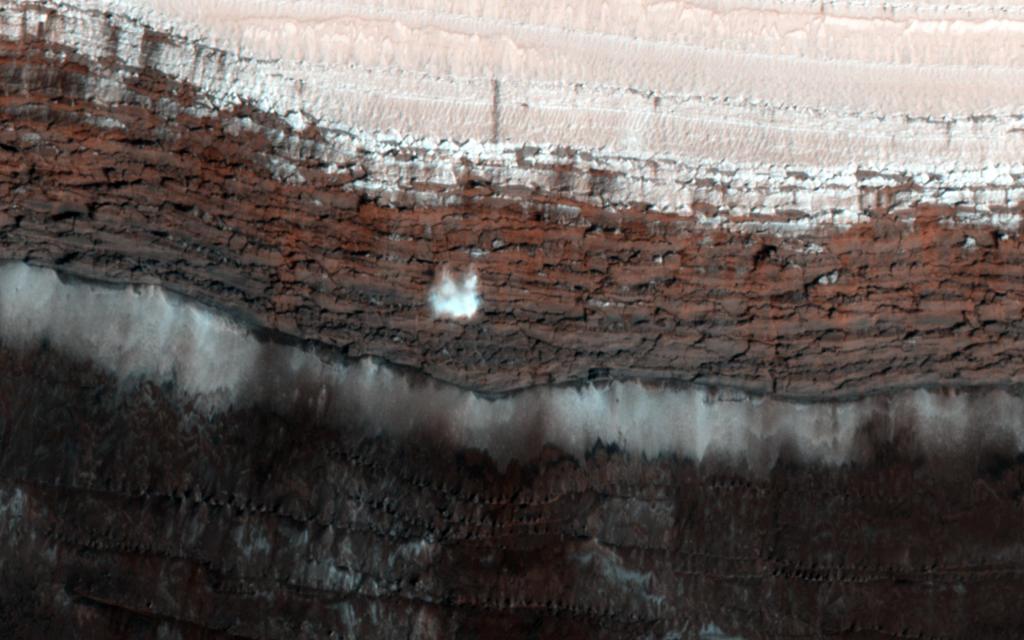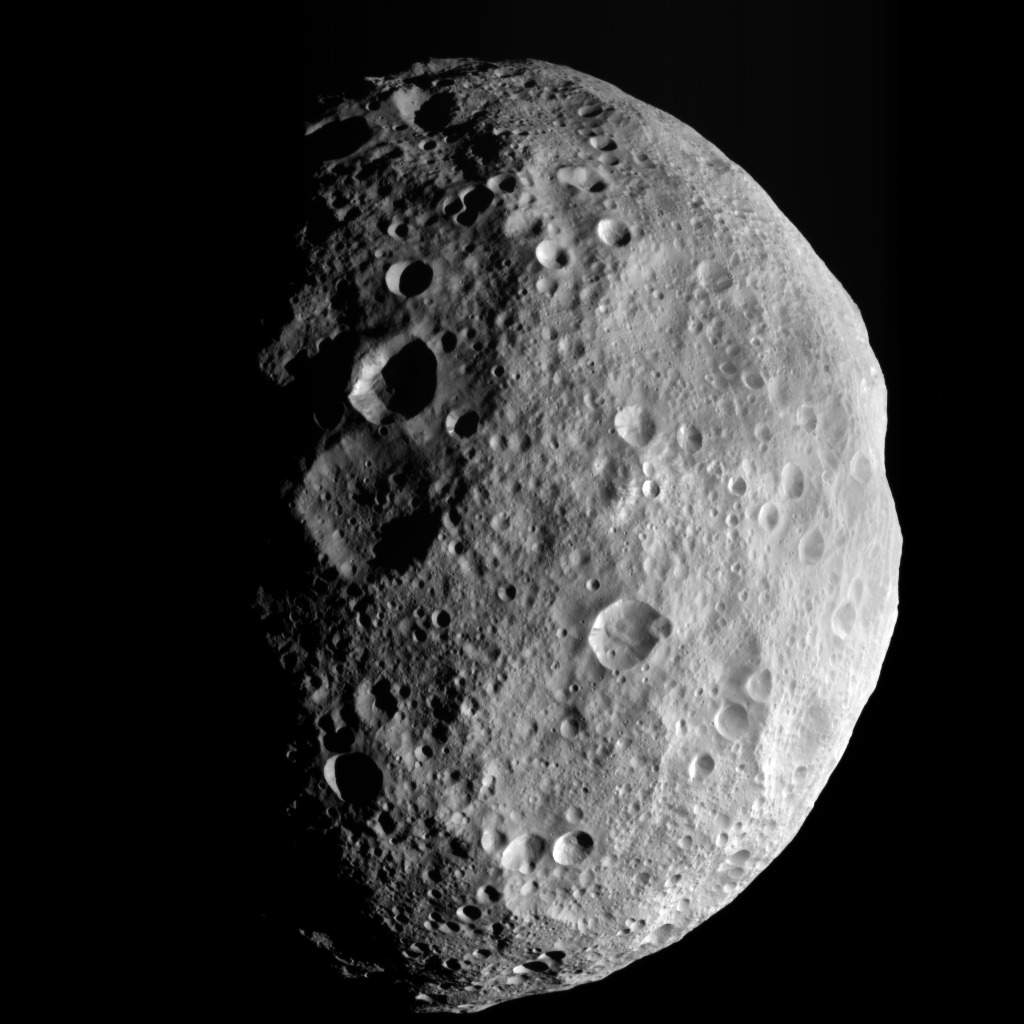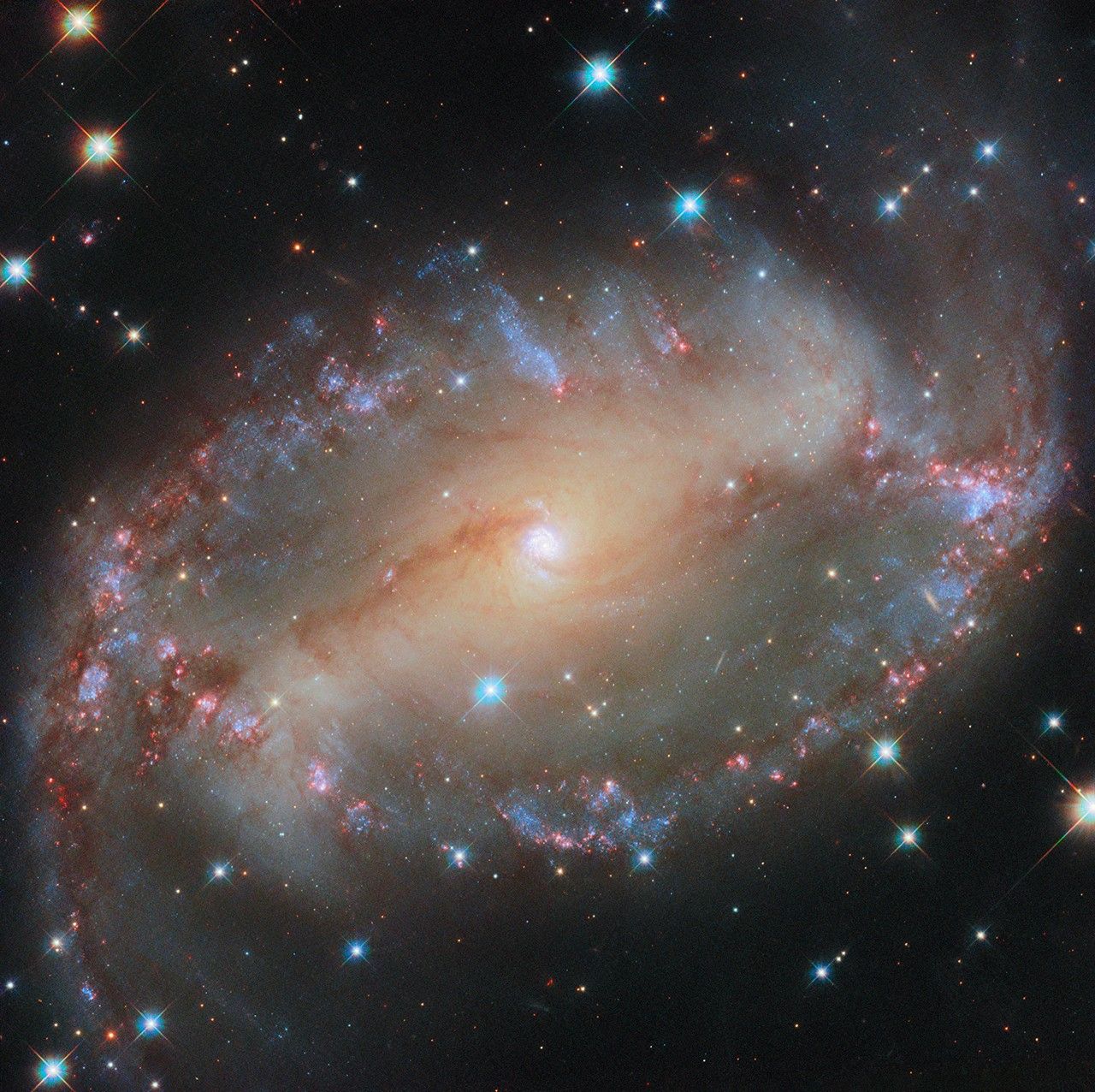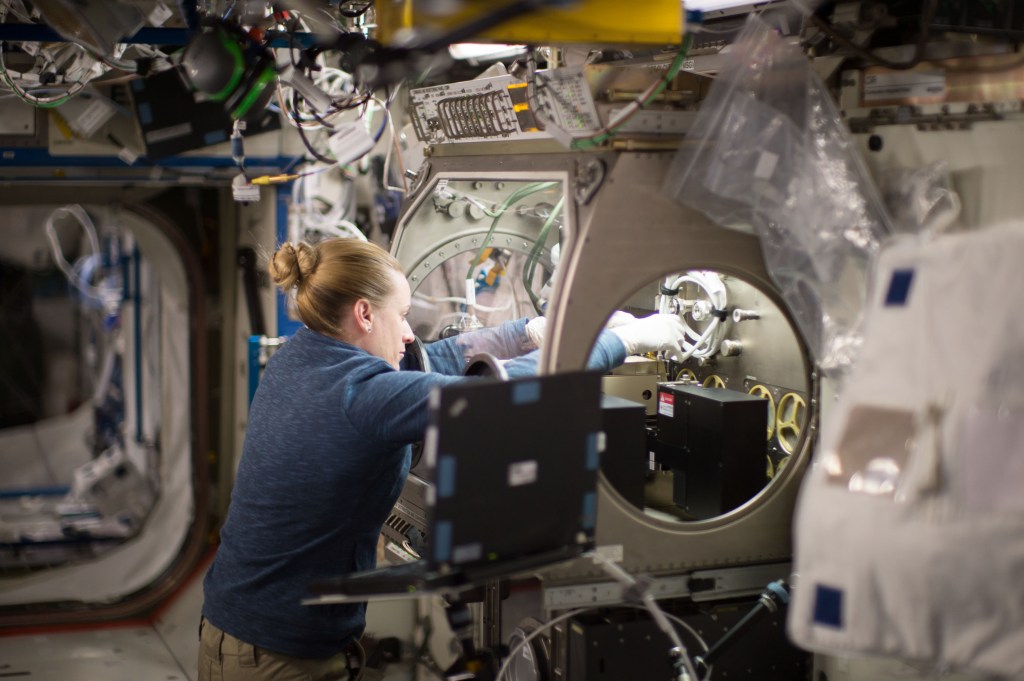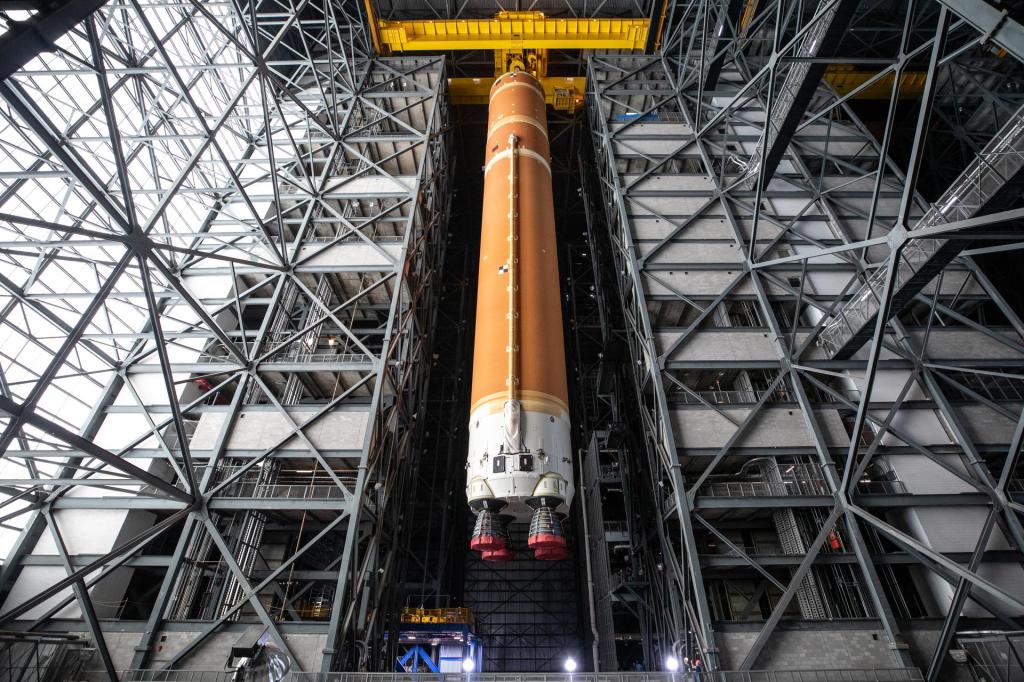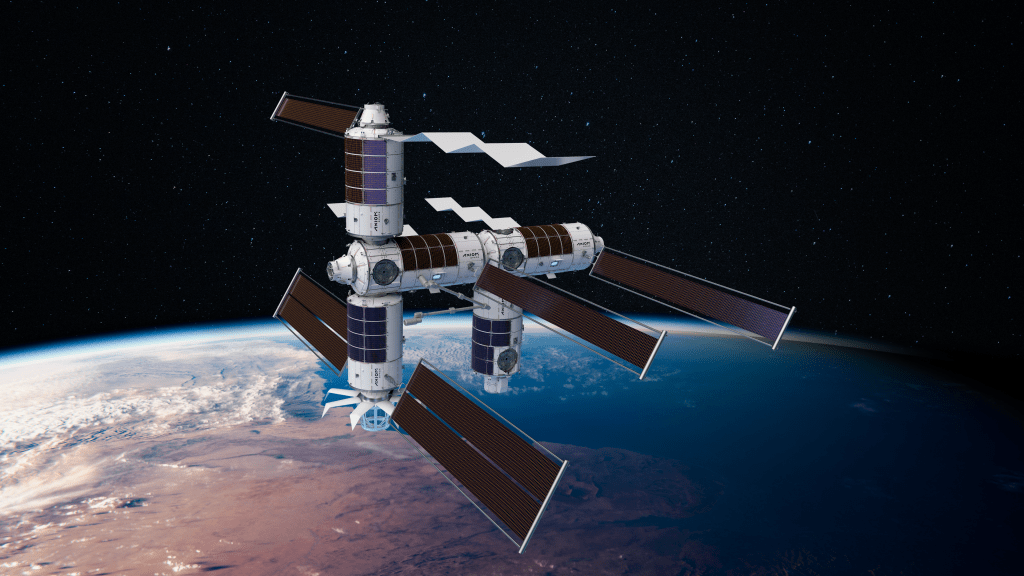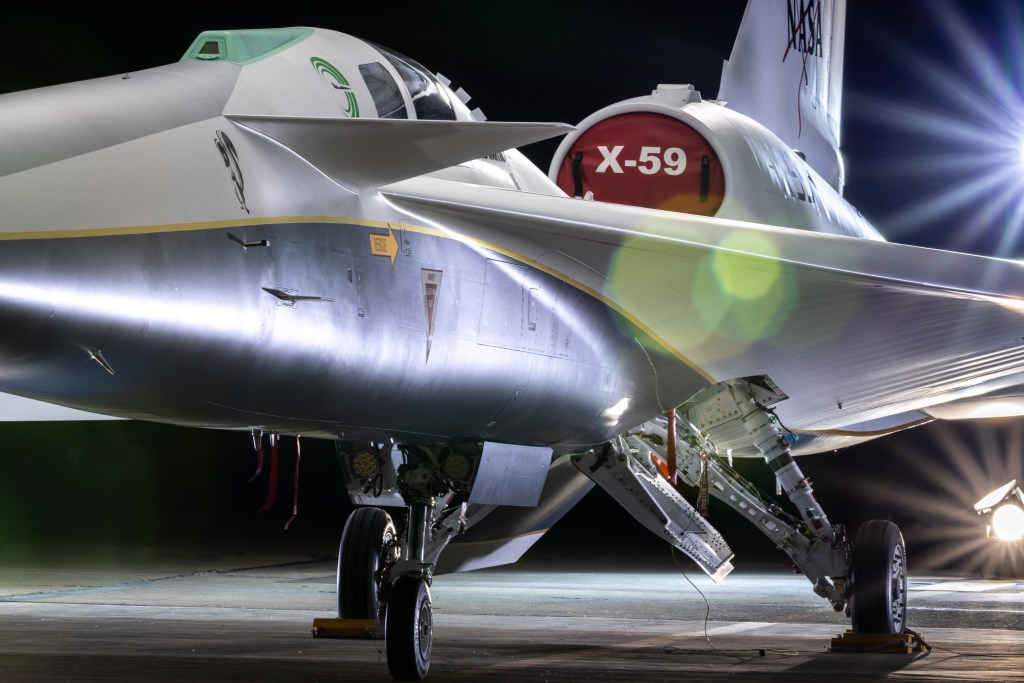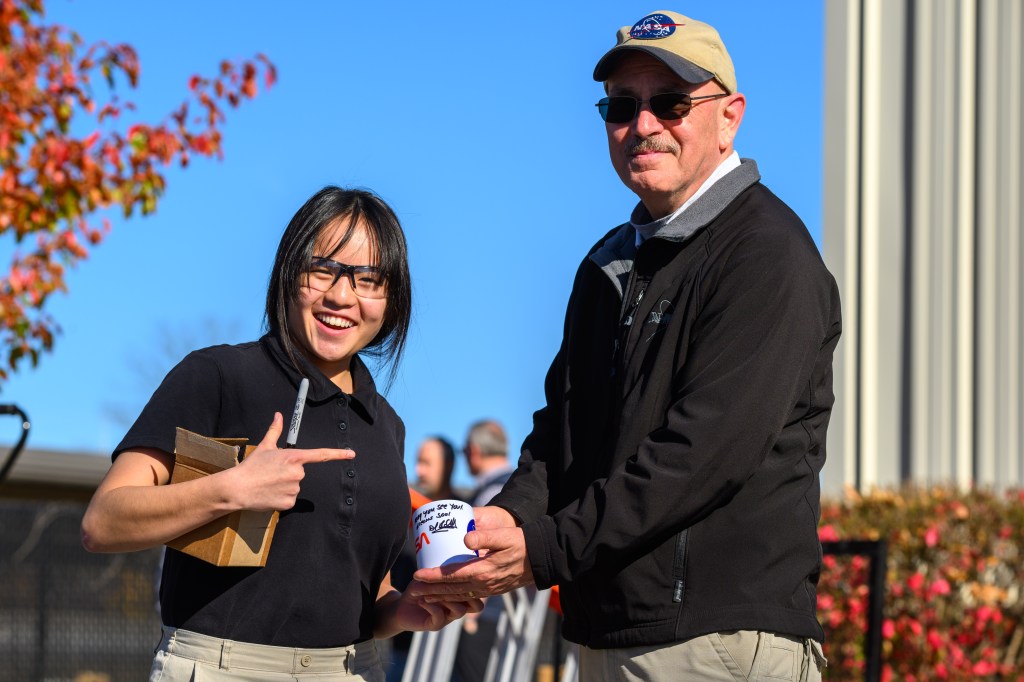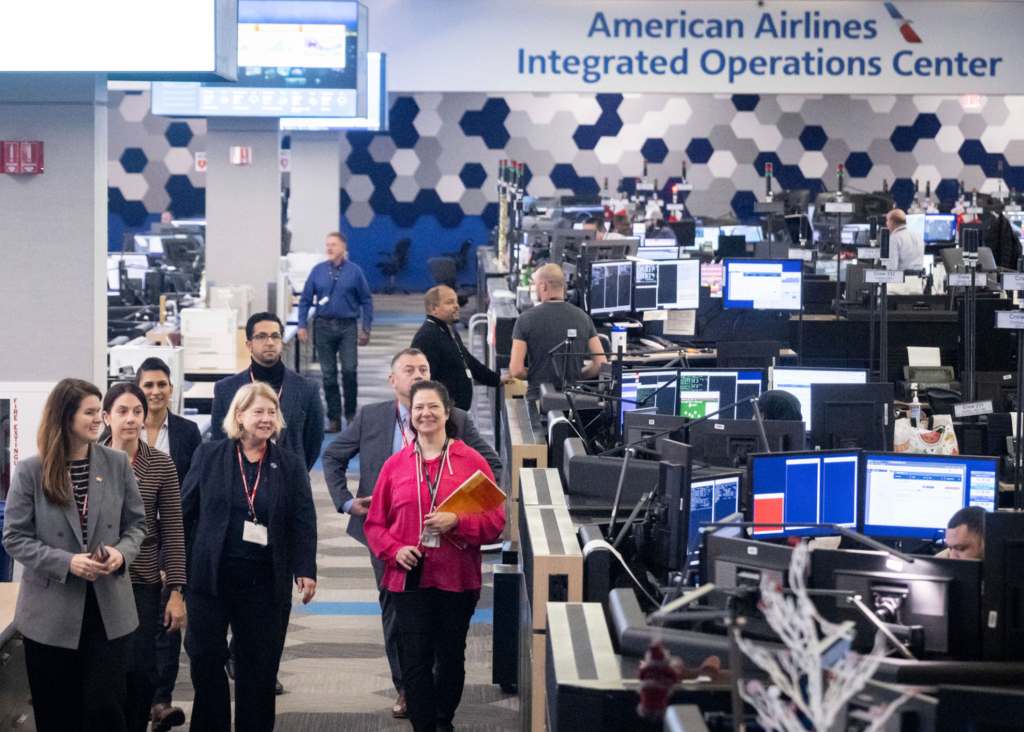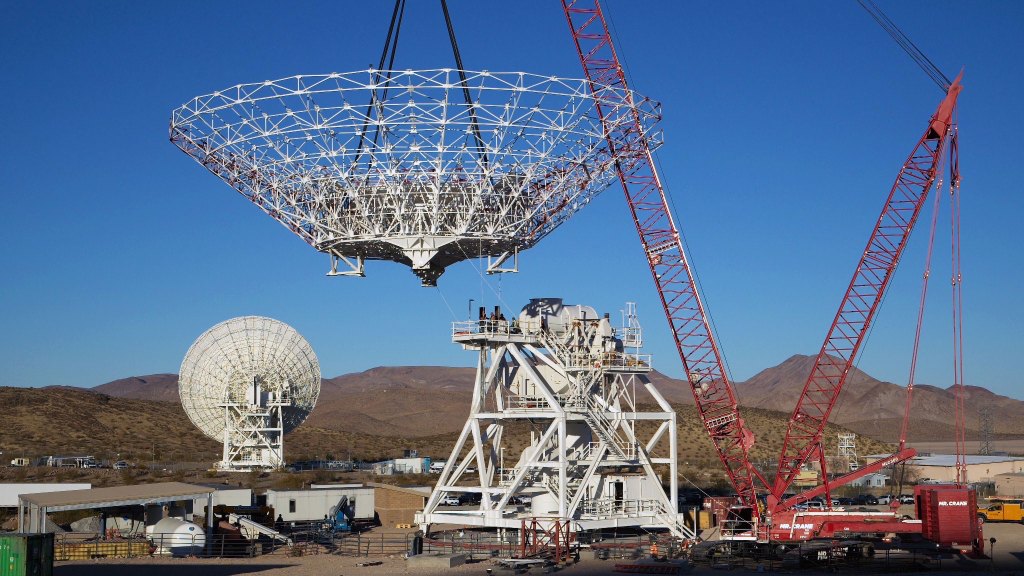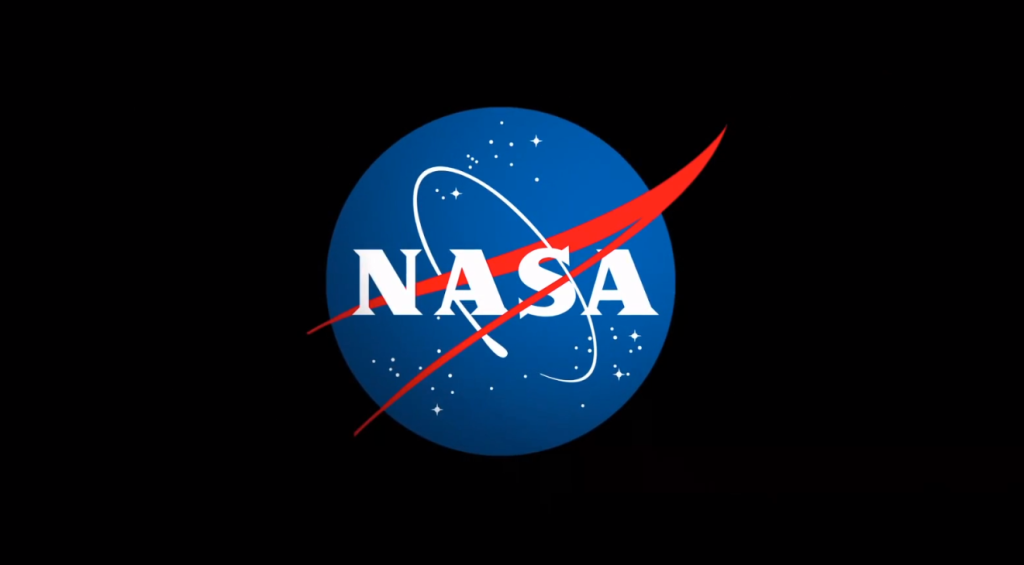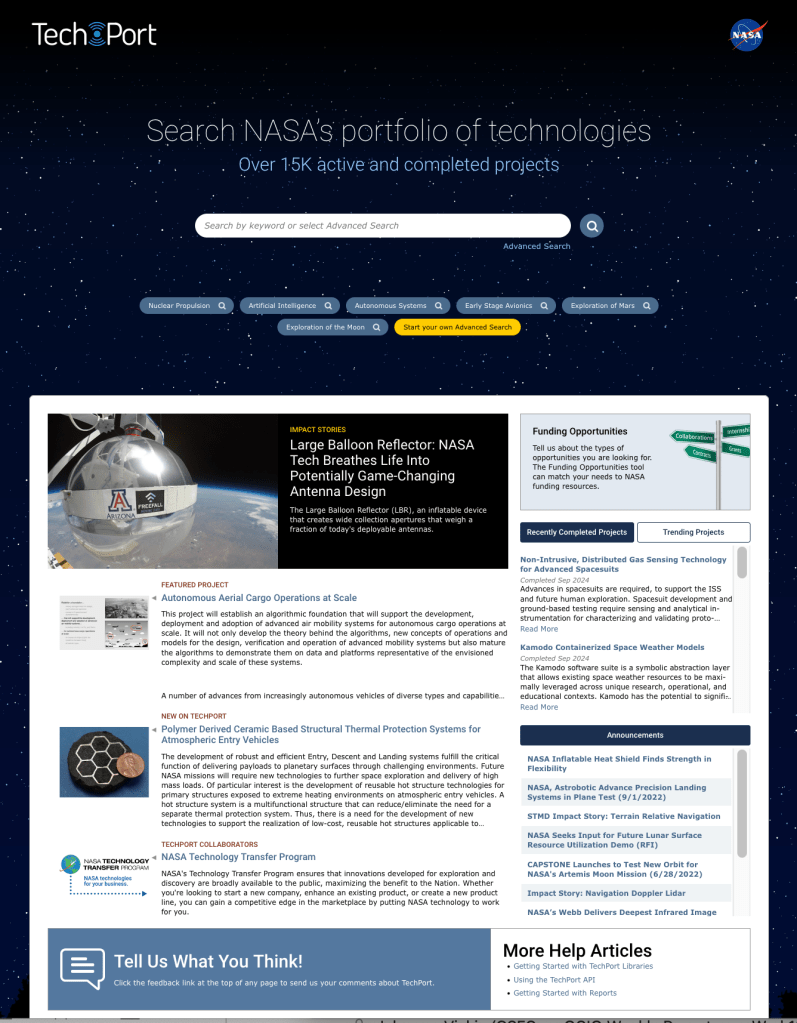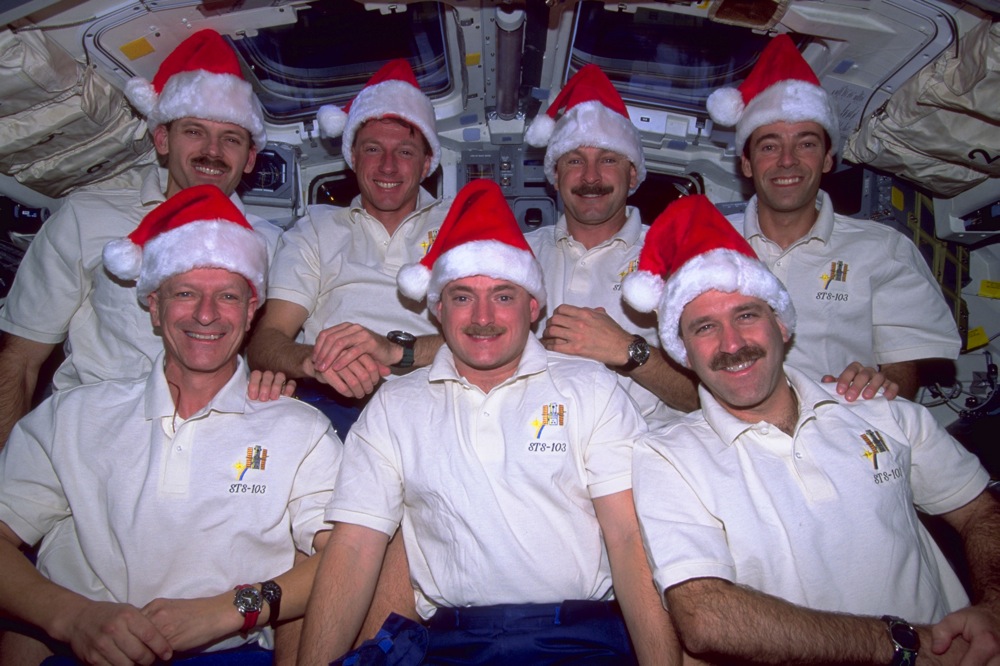NASA has selected Boeing Company in St. Louis for the High Performance Spaceflight Computing Processor (Chiplet) contract for the development of prototype Chiplet devices including packaged parts and bare die, a Chiplet behavioral model, Chiplet Evaluation Boards and System Software.
This is a cost-plus fixed-fee contract with a total contract value of $26.6 million which includes five options to enhance the capability of the Chiplet, increasing its processing performance, providing additional interfaces and improving the robustness of the Chiplet packaging. The period of performance is from March 27, 2017 through Dec 23, 2020.
Boeing will provide prototype radiation hardened multi-core computing processor Chiplets, system software which will operate on them, and evaluation boards to allow Chiplet test and characterization. The Chiplets each contain eight general purpose processing cores in a dual quad-core configuration, along with interfaces to memory and peripheral devices, and will have the flexibility to tailor performance, power consumption, and fault tolerance to meet widely varying mission needs.
The system software infrastructure for the HPSC Chiplet will support both real-time operating systems and Unix/Linux based parallel processing. This infrastructure will also support hierarchical fault tolerance, ranging from single Chiplet deep space robotic missions to multi-Chiplet highly redundant human spaceflight missions.
The Chiplet will provide game-changing improvements in computing performance, power efficiency, and flexibility, which will significantly improve the onboard processing capabilities of future NASA and U.S. Air Force space missions. Candidate applications that can benefit from the Chiplet range from onboard autonomy and astronaut assistance, to high bandwidth sensor data processing.
The HPSC Chiplet development is funded by the Game Changing Development program within NASA’s Space Technology Mission Directorate and the Science Mission Directorate in Washington. The overall HPSC project is managed by the Jet Propulsion Laboratory, with the Chiplet acquisition managed by the Goddard Space Flight Center. Additionally, the Air Force Research Lab, Space Vehicles, has closely collaborated on this project to ensure that the Chiplet will be relevant to their mission requirements.
For information about NASA and agency programs, visit: https://www.nasa.gov
Cynthia M. O’Carroll
Goddard Space Flight Center, Greenbelt, Md.
301-286-4787
cynthia.m.ocarroll@nasa.gov


